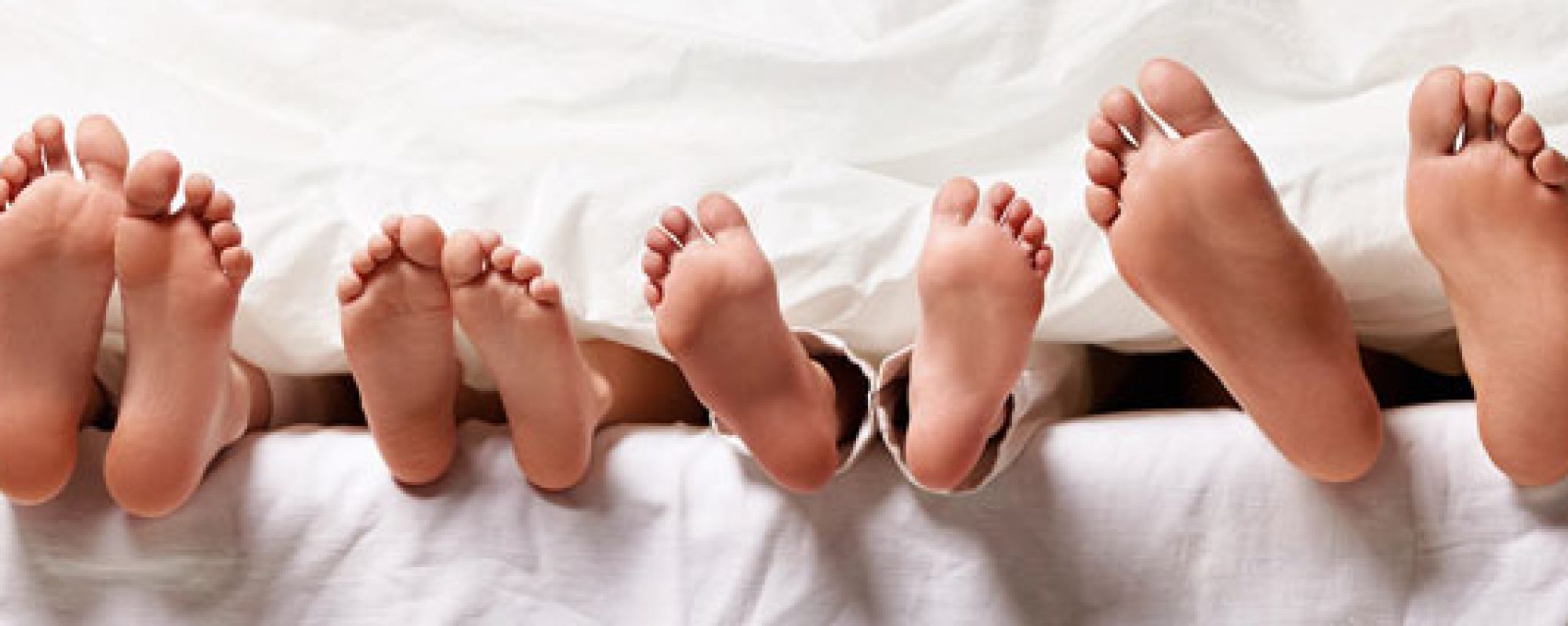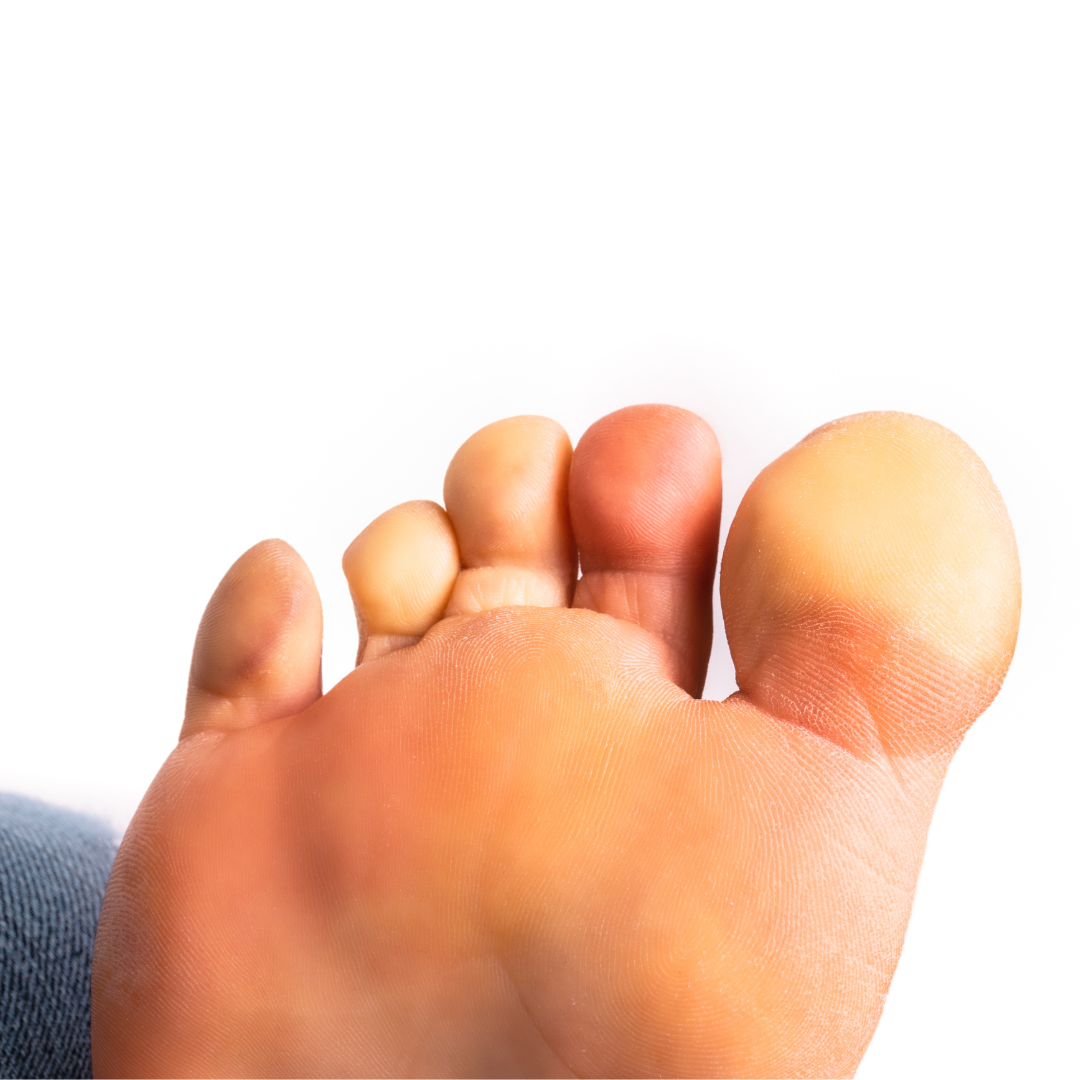In the winter months, our feet deserve a little extra attention. Plummeting temperatures can exacerbate issues with circulation; the body must work harder to pump blood, and extremities like the feet, farthest of all from the heart, are often first to feel the adverse effects of cold.
Step by Step Family Footcare is committed to helping patients make informed decisions about their health, so we’ve put together a short, informative guide concerning two common winter woes: Raynaud’s disease and frostbite. Both conditions can lead to discomfort, pain, and long-term consequences if not addressed promptly.
What is Raynaud’s Disease?
- This circulatory disorder affects blood flow to certain body parts, usually the fingers and toes.
- Raynaud’s worsens when the body is exposed to cold or stress.
- In severe cases, it can lead to numbness, tingling, and even color changes in the affected areas.
Our expert team is here to help! We can provide guidance on proper winter footwear and socks, perform diagnostic tests to determine the extent of any circulation problems, and help you avoid risk factors like smoking. Certain medications, such as beta-blockers, migraine medicines, and cold medicines, can also complicate or worsen Raynaud’s.
What to Watch for With Frostbite
- Frostbite occurs when skin and underlying tissues freeze due to prolonged exposure to cold temperatures.
- The extremities, including the toes, are particularly susceptible to frostbite.
- Minor cases can be reversed, but severe ones can permanently damage your feet.
We will assist you in preventing frostbite by promoting good circulation and footwear choices. We’ll also help to identify risk factors or early signs. Timely intervention can prevent the progression of frostbite and minimize the risk of complications, so if you need immediate treatment, we’ve got that covered, too.
Step By Step Family Foot Care will keep you warm and walking this winter! To make an appointment with Dr. Debra Manheim, call us at (973) 917-3785 or visit our site to schedule one online. The staff at our Parsippany office is ready and eager to assist you.



